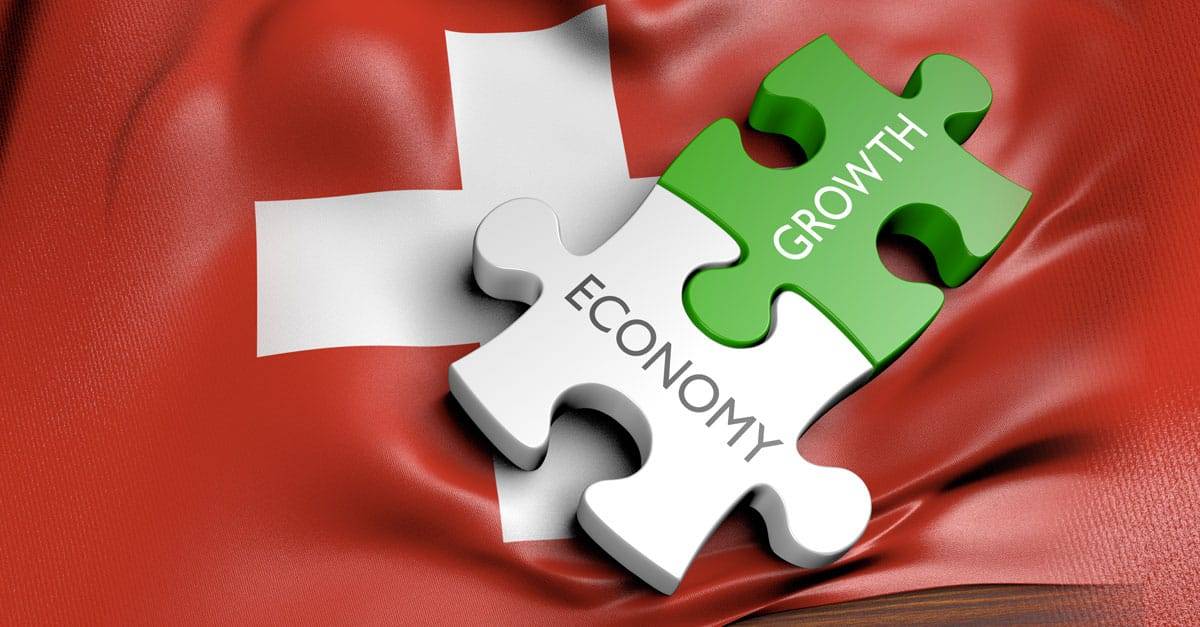The Concept of Neutrality
Permanent neutrality is a principle of Swiss foreign policy. It contributes to peace and security in Europe and across European borders. It is an important part of ensuring Switzerland’s independence and the inviolability of the country. According to the Neutrality Act, Switzerland does not participate in wars between other states. The policy of neutrality is not bound by legal norms. It represents all voluntary measures taken by a neutral country to ensure the predictability and reliability of a permanently neutral country. The implementation of a neutral policy depends on an analysis of the current international environment. Swiss neutrality is characterised by humanity and based on the issue of peace. It is therefore based on a tradition of goodwill and humanitarian aid. In the service of peace and prosperity, Switzerland organises neutrality taking into account the requirements of international solidarity.
Development of Swiss Neutrality
The law of neutrality developed into customary international law in the course of the 19th century and was codified in two Hague Conventions in 1907. Since 1910, the concept has been further developed as customary international law through state practices and legal views. Rulings of national courts as well as legal assessments of individual states and international bodies must also be taken into account. No other country has maintained its permanent neutrality for so long, so Switzerland itself will play an important role in its further development. The law of neutrality applies only to international armed conflicts and not to domestic armed conflicts such as civil wars.
Perhaps the most fundamental development in international law since the Hague Convention is the establishment of the prohibition of the use of force and a system of collective security in the United Nations Charter. When the Hague Convention was signed in 1907, war was considered a permissible means for states to assert their interests under international law. It was not until 1928, the year of the so-called “war”, that war was prohibited. In 1945, the ban on the use of force was enshrined in the UN Charter. Neutrality contradicts the prohibition of force, so since 1945 the question has arisen as to whether the law on neutrality continues to apply in the case of violations of the prohibition of force or whether its application must change.
The Swiss Public and Neutrality
There is a continuous and high level of acceptance of neutrality in Switzerland. In the ETH annual survey “Security 2022”, 97 percent of Swiss citizens said at the beginning of 2022 that they were in favour of neutrality.
Elevate Your Wealth Game: Empowering UHNWIs for Simplified Asset Management. Altoo Platform Preview
Zurich remained neutral. According to the survey, 96 percent, on average over the last 10 years, are convinced that neutrality best protects their interests and at the same time contributes to global security. Neutrality therefore remains an important distinguishing feature in domestic politics. Due to the Ukraine war, ETH Zurich conducted a follow-up survey in May-June 2022. It turned out that 89% of the Swiss still want to remain neutral, although support for neutrality has dropped by 8% since the beginning of the year, it becomes clear that neutrality still has more advantages than disadvantages from the public’s point of view, despite the war in Ukraine and the changed threat situation for Switzerland.
Today, Swiss neutrality is shaped by humanitarian issues and is therefore based on a tradition of goodwill and humanitarian aid. In the service of peace and prosperity, Switzerland orients neutrality after taking into account the requirements of international solidarity and the political situation.













